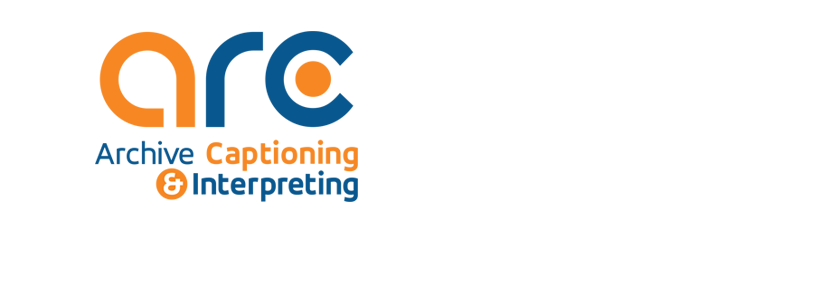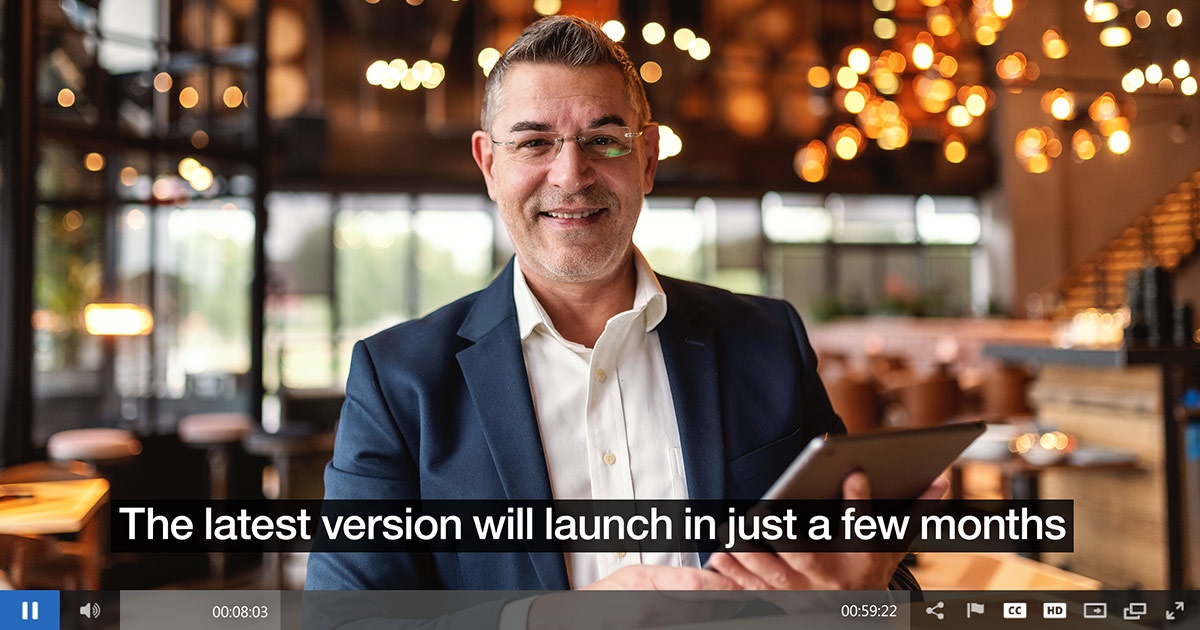In this post we’ll do an overview of all of the significant US closed captioning laws that have an impact on whether you should be providing captions for your videos. We’ll come back to cover some of these in more detail in later posts.
Title I of the ADA
The Americans with Disabilities Act is one of the most cited when it comes to closed captioning laws, since captioning typically falls under the laws “reasonable accommodation” clause. There are five titles to the ADA but will cover the three most relevant.
Title I of the ADA prohibits discrimination in all employment practices, including job application procedures, hiring, firing, advancement, compensation, training, and other terms, conditions, and privileges of employment. It applies to recruitment, advertising, tenure, layoff, leave, fringe benefits, and all other employment-related activities.
Employers are required to provide reasonable accommodations for employees and applicants with disabilities. A reasonable accommodation is any modification or adjustment to a job or the work environment that will enable a qualified applicant or employee with a disability to participate in the application process or to perform essential job functions.
So just as a company may need to put it access ramps for an employee to access a building, the law also requires a company to provide captioning services to assist deaf and hard of hearing employees. Some relevant examples of reasonable accommodation include providing live or real time (CART) captioning for employees in meetings, conferences and web seminars as well as providing captions for on-line or web based training or educational videos;
Multiple companies, such as FedEx and The Cheesecake Factory, have been sued by the U.S. Equal Employment Opportunity Commission for failure to caption their company training videos.
Title II of the ADA
Title II of the ADA prohibits discrimination on the basis of disability in services, programs, and activities provided by State and local government entities. This includes publicly-funded universities, community colleges, and vocational schools. Title II also extends the prohibition on discrimination established by section 504 of the Rehabilitation Act of 1973 to all activities of State and local governments, regardless of whether these entities receive Federal financial assistance.
This means that entities subject to Title II are required to provide equally effective communication, regardless of the medium chosen for their communication. So while a university may be providing live captioning of class room lectures for a deaf or hard of hearing student, it must also provide captioning for any video or web based classroom content as well.
Title III of the ADA
Title III extends the ADA prohibition of discrimination on the basis of disability to any public entity whether or not they receive federal funding as well as to any place of “public accommodation” whether it is operated by the government or a private entity. Public accommodations include private clubs, hotels, restaurants, movie theaters, museums and many others.
In addition to places of public accommodations, Title III covers commercial facilities and private colleges and universities. Several private universities and businesses have been sued over Title III of the ADA for the inaccessibility of their online learning programs, websites, and other technologies. Private universities are required to caption all course videos, even ones that are available to the public for free.
Section 504 of the Rehabilitation Act
Section 504 essentially makes accessibility for individuals with disabilities a civil right. Failure to accommodate individuals with disabilities can result in a discrimination law suit. This applies to both federal agencies and any entity that receives federal funding.
Section 508 of the Rehabilitation Act
Section 508 specifically demands accessibility for electronic media or IT in federal programs or services. While this section doesn’t explicitly extend beyond federal agencies, many states passed laws that do extend its reach to organizations that receive federal funding. This includes many colleges, universities, cultural and arts institutions, research facilities, etc. Further, the Assistive Technology Act will not provide funding to states unless they guarantee that all programs – including colleges and universities – will comply with Section 508.
WCAG 2.0
The Web Content Accessibility Guidelines (WCAG) are part of a series of web accessibility guidelines published by the Web Accessibility Initiative of the World Wide Web Consortium (W3C), the main standards organization of the Internet. The current version, WCAG 2.0, was published in December 2008 and became an ISO standard, ISO/IEC 40500:2012 in October 2012.
WCAG 2.0 is a set of 12 principles that specify how to make content accessible, primarily for people with disabilities—but also for all user agents, including highly limited devices, such as mobile phones. For the purposes of this discussion, guideline 1.2 requires alternatives for time based media. Specifically, 1.2.2 requires that captions be provided for all pre-recorded audio content in synchronized media. Section 1.2.4 requires that captions be provided for all live audio content in synchronized media.
For a full description of how to meet WCAG 2.0 standards, you can review this how to guide provided by the W3C at https://www.w3.org/WAI/WCAG20/quickref/.
If you would like to discuss closed captioning laws in greater detail, please do not hesitate to contact us.






